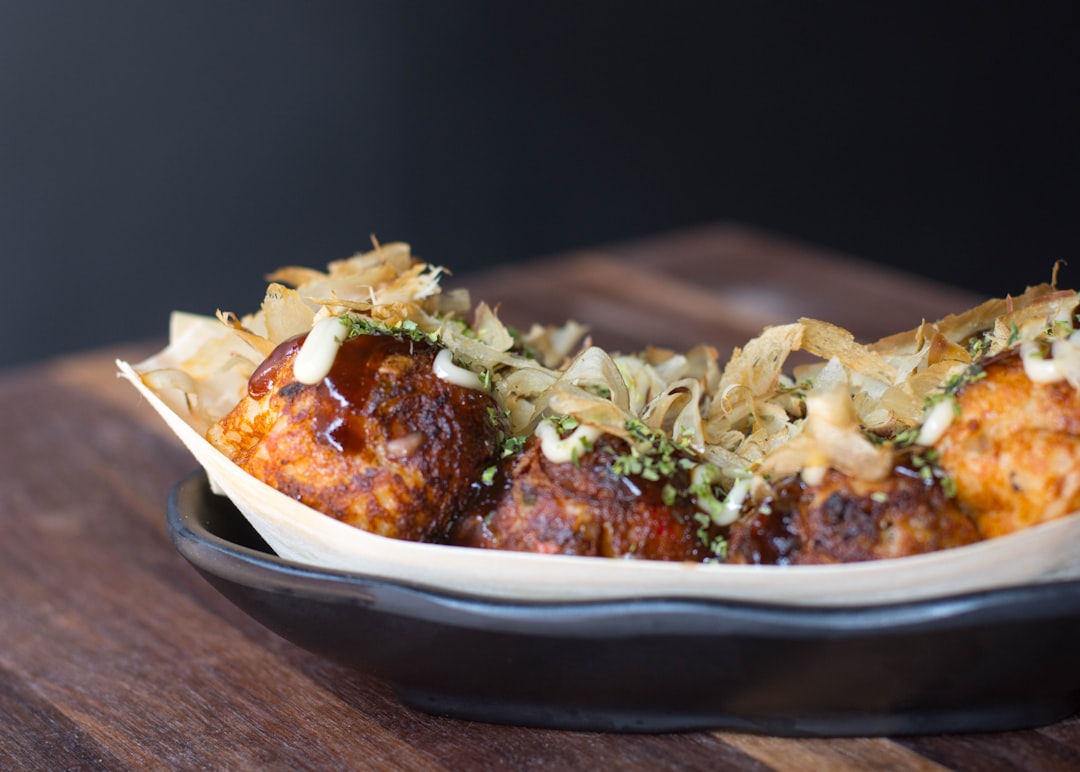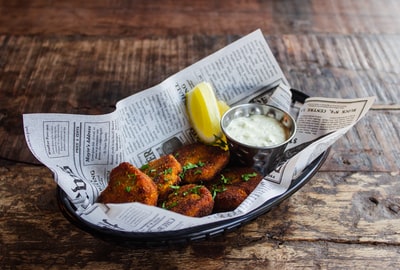The wide array of meat products enticingly displayed at the local butcher shop makes us want to just pop over and have a look at it. You can’t resist the temptation of a juicy filet mignon Barbecued by the fiery charcoal grill, flavoured with only the most distinctive of flavours, or a finely chopped pork chop grilled to perfection by the professional chef. You will want to go over each of the meat products, but you’ll save time in the process.
If you are going to buy meat in bulk, then you may want to think about how to store it first. Meat can be bought in bulk bins or dispensers from a variety of outlets. All you really need to do is think about the level of bulk you are willing to undertake. Would you like to buy 50 pounds of meat, or would you like to buy only 10 pounds? This is an important question to ask, because if you buy too much of one item you might not have enough to do all the meals you intend to cook, and this is a problem.

You also need to decide if you are happy to buy meat through a wholesale meat supplier. Sure, you can buy hamburger and sausage through a wholesaler, but have you ever tried cooking a chicken? I’m not extrapolating here, just speaking from my own experience. When I order meat, I always get the feeling that the cooks have really done their research and present the customers with a genuine meal that won’t be easily forgotten.
In addition to talking to the farmers directly, you can also learn more about the health benefits of organic meat by reading the latest studies that have been done by the U.S. Department of Agriculture’s Agricultural Research Service. One of the benefits of organic meat is that the meat is hormone free. This is important, because hormones are known to raise levels of cholesterol in the body. hormones in humans can lead to the build up of the cholesterol gland, which is strongly linked with heart disease.
Another benefit of organic meat is that it comes from animals that have been treated humanely. These animals have been raised in environments that are clean, stress free, and they have plenty of fresh air. They have also had meals that have been better than their feeds, and they have been allowed to roam free on the farm pastures.
You might be surprised to learn that not all beef that is organic is grown in a way that is moral and ethical. Some meat is treated inhumanely, and that is the case. For example, I’ve heard that cattle are kept pregnant for four years before they are slaughtered. They are also� of the cow’s grain, and are often fed corn. If you don’t specify meat from grass fed cattle, make sure you specify “grass finished” on your label.
Organic food is more expensive than regular grocery store product. That is because there is a supply chain that includes suppliers, wholesalers, and retailers. The cost of the products, and the shipping involved, is passed along to you. However, the price is something that you should be willing to pay, because it is known that organic food benefits you, health-wise. The recommended intake of organic foods is six servings per day, or one serving per two weeks.
Don’t forget that organic food is good for the planet. The environment is a shared resource. You’re helping to protect the environment when you consume your meat.
Eating organic foods promotes a healthy diet, so try to buy as many as you can at your local co-op. If you have to shop locally, take the time to read ingredient lists to find out exactly what is being used in the produce you are buying.
You might be wondering what else you can do to promote a healthier diet. Besides cutting out meats from your diet, eat a little less processed food. Take time to read the ingredients in your favorite foods. Make a list of your favorite store’s fruits and vegetables before you shop. Visit your favorite restaurants and ask about their special offers. Yes, healthy eating to you!








